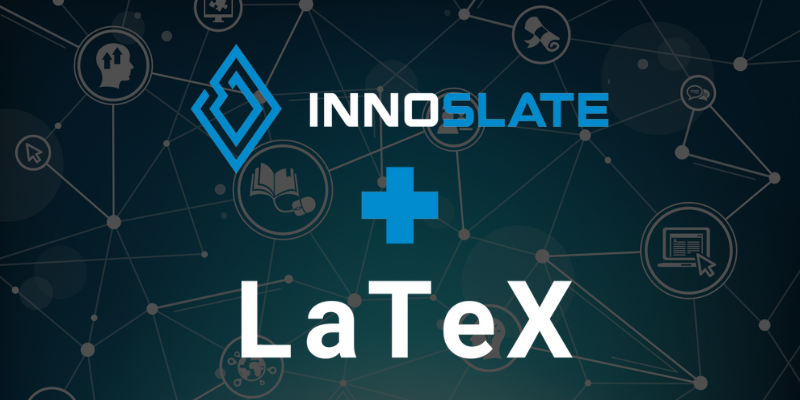Real MBSE: The Role of SE Across the Lifecycle Webinar
Rather watch than read? Check out the recording!
1 min read
SPEC Innovations Team
:
12/8/22 3:04 PM
.png)
We did a webinar in 2022 on this for the 10th Anniversary of Innoslate! Watch the recording.
In this blog post, we'll take a deep dive into the history of Innoslate. From its inception in 2012, to the cutting-edge developments of the present, we'll explore the journey of Innoslate, its challenges, triumphs, and a glimpse into its future.
The turning point came in 2012 when the concept of cloud computing was still in its infancy. Motivated by scalability needs, Innoslate became one of the early adopters of cloud technology. Despite the initial excitement, security concerns with cloud usage led us to develop an Enterprise version by 2015, making it more accessible and secure for users.
As cloud adoption faced challenges, Innoslate continued its commitment to user satisfaction. We built features for the full lifecycle, realizing the necessity of an Enterprise version in 2015. This shift proved crucial for users in government spaces, where stringent regulations like FedRAMP posed significant obstacles to cloud adoption.
Innoslate's commitment to user needs extended beyond system engineering. We introduced features like Import and Export capabilities, embracing REST APIs for seamless interaction between tools. Moreover, the early adoption of natural language processing (NLP) and artificial intelligence showcased our forward-looking approach, enhancing requirements analysis and intelligence views.
In recent years, Innoslate has undergone significant updates, with Version 4 being a milestone. Integration with MATLAB, STK, and GitHub highlighted our dedication to creating a comprehensive ecosystem for users. The emphasis on constant improvement is evident through our regular releases.
Version 4.7 brought substantial changes, including a revamp of the Documents view, independent numbering systems, and an artifact view for document creation. The Test Center and Timeline Diagram received updates for improved performance and user experience.
By Version 4.9, Innoslate offers a UAF Dashboard and Views, Selenium-Jira integration, Computable Attributes, revamped Database View, and more.
Innoslate will continue to go beyond Version 4.9, driven by user feedback and technological advancements. We encourage users to suggest enhancements, prototype using open APIs, and even use prototypes to enhance competitive positions.
Innoslate's journey reflects its dedication to meeting user needs and staying ahead of technological trends. As we look forward to future innovations, Innoslate continues to be a trailblazer in the field, shaping the landscape of systems engineering tools.
Have questions about model-based systems engineering or requirements management? Talk to an expert and see how Innoslate can streamline your projects from start to finish.

Rather watch than read? Check out the recording!
-1.png)
Don't feel up to reading? Watch the recording! What is Verification & Validation (V&V)? The common definitions for V&V are: verification is “the...

Don't feel like reading? Watch the webinar recording!